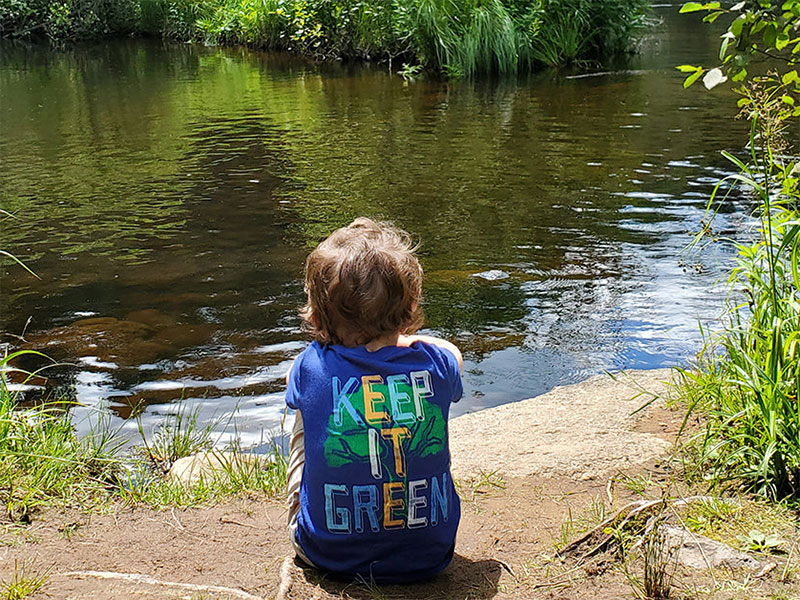
Nature is vital to our existence. It provides the air we breathe, the water we drink and the food we eat, as well as other essential resources we need to survive. Spending time in nature has important benefits for our mental health and well-being. Traveling is one of the useful activities for health, but there are environmental protection considerations. The presence of humans in nature can cause harm. What can we do to reduce our footprint in nature?
Tips for fire prevention
Fires are devastating yet common incidents that happen unexpectedly and often lead to great personal and financial cost. When a fire starts, it spreads quickly and covers a whole area as fast as five minutes, and its heat and flames threaten the lives of everyone within its path. As the summer season approaches, we, adventurers and travel lovers who ted to camp in nature, need to take the necessary precautions and follow the safety tips completely to prevent fires in nature. In addition, as the weather warms, fodder and trees dry out, which significantly increases the risk of fires in pastures and forests. Tourists must avoid lighting fires in nature as much as possible. You should clean the surroundings before lighting fires in nature, and extinguish the fires completely. Each time the fire is lit, no plants can grow in that part for 10 to 15 years. It is a great disaster for the earth. Cutting tree branches is another danger of lighting fires in nature. Subtle points must be observed to put out the fire. The best way is to pour the water on the fire little by little, and in several steps, and then shake the firewood and coals with a tool. In addition, for more security, you can also put your hand on the ashes to check the warmth.
Protecting nature
Plants are air purifiers and reduce carbon dioxide in the air. We should avoid breaking tree branches, picking flowers, or bending seedlings. Forests are the lungs of the earth. We cannot write anything on the trunks of trees and plants with sharp tools. They may suffer from various plant diseases. Also, we shouldn’t spread any oils or chemicals on plants and trees.
Encountering wildlife and their territory
Nature is the place where different living things live, and we somehow enter their territory, so we must observe certain things to ensure that their life is not disrupted. One of these is to avoid making annoying and loud noises. Abnormal sounds, such as playing loud music or car engines can frighten various creatures. As a result, they leave their place of residence. Many animals die from stress due to loud and abnormal sounds or flee their habitat. It also poses other dangers and problems for them. We don’t want to hurt animals, do we?
Pack for reusable items
Instead of using disposable utensils, you can use utensils that we can use multiple times. Also, instead of mineral water bottles, we can have a thermos and say no to disposable bottles. Separating wet and dry waste helps protect the environment. This separation may seem time-consuming, but you only need two bags to separate the waste. We know that many materials decompose in nature such as tea grounds, fruits, bread crumbs, and eggs. These substances are indeed degradable in nature, but that does not mean that we can leave them in nature. If you are in humid places such as forests and mountains, dig a small pit, pour food waste into it with water, then cover all the debris with soil.
These are simple yet significant rule to reduce your footprint in nature. Paying attention to such simple and easy steps can make huge change on this planet!
